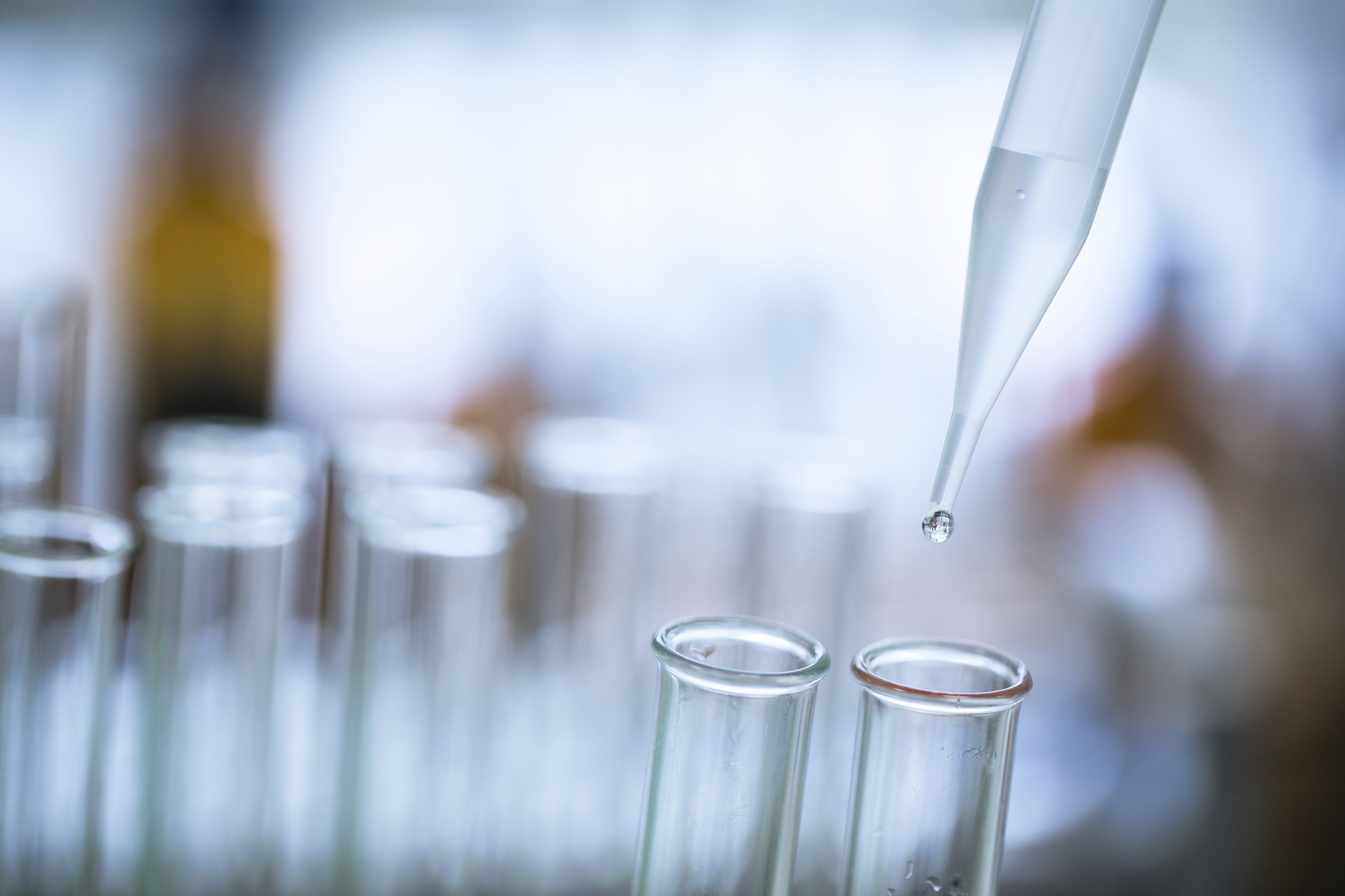Insilico claims major victory as AI outperforms big pharma in early drug R&D

Hong Kong’s Insilico Medicine has found a way to use AI and deep learning to design, synthesise and validate a novel drug candidate in 46 days – 15 times faster than the best pharma companies.
A new scientific paper published in Nature Biotechnology said that the company used cutting-edge AI and deep learning techniques of Generative Adversarial Networks (GANs) and Reinforcement Learning (RL) for drug discovery and biomarker development.
Insilico Medicine was the first to use GANs to generate novel molecules in 2016 and since then has spent two years developing ways to combine the techniques for drug development.
These efforts have now been used to design a novel DDR1 kinase inhibitor from scratch in 21 days, then to synthesise and pre-clinically validate it in 25 days.
AI is increasingly being used in drug R&D, with companies such as BenevolentAI, Exscientia in the UK, and US-based Google DeepMind and Berg becoming involved.
GANs are specialised algorithms that create synthetic datasets that are indistinguishable from real datasets, by having two neural networks that compete against each other.
One neural network generates the data and the other compares it to a real data set in iterative cycles so that the degree of error in the synthetic data set is gradually decreased.
Rather than using trial and error when looking for molecular leads, requests are made to the network to generate specific leads and leads are generated on demand.
There is already talk that this could represent pharma’s “AlphaGo moment” – referring to the computer programme from Alphabet’s Google DeepMind that became the first to beat a human professional Go player without handicaps on a full-sized board in 2015.
The specialist investor Deep Knowledge Ventures was involved in the first funding round for Insilico in 2014, and according to general partner Dmitry Kaminsky, there could be even more to come from the company.
The article in Nature Biotechnology outlines what Insilico was doing in 2017, and was submitted for publication in 2018, he noted.
“I would not be surprised to find out that since then they have made even greater progress in applying next-generation AI techniques for drug design, which might be publicly disclosed in 2020.”
Alex Zhavoronkov, CEO of Insilico Medicine, said: “The drug discovery process consists of many phases and often takes decades. In preclinical phases the failure rates are over 99%. Our AI can be used in all phases and in some cases leads to superhuman results. Our AI is exceptionally good at finding the molecular targets in specific diseases and inventing new chemistry.”













